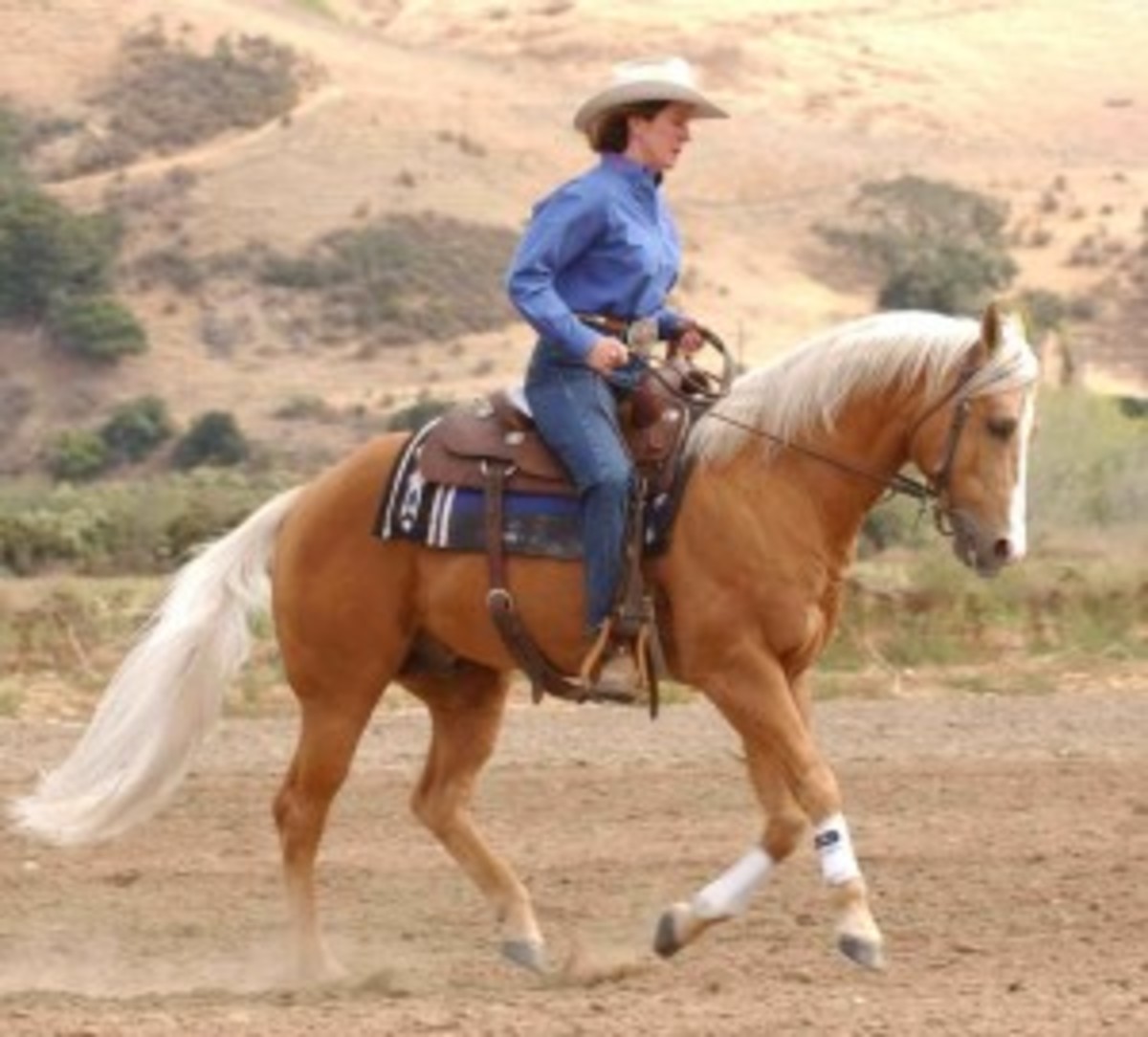
There are different styles in horse training, and more than one way to get from point A to point B. One thing the best riders and trainers have in common, however, is that when things go wrong, they don’t take their frustration out on their horse.
In this, they’re like the best parents, who avoid punishing their kids in anger, and the best bosses, who don’t yell at their employees to get them to work harder.
Author and speaker Brian Tracy, a leading authority on the development of human potential and personal effectiveness, says you wouldn’t try to “fix” a piece of malfunctioning office equipment by hitting it with a hammer. Yet when you chew someone out in an effort to improve their performance, you’re taking the exact same approach. Harsh criticism doesn’t make someone “better,” Tracy maintains. It makes them want to give up altogether.
Likewise in horse training. Unfairly punish your horse, and you won’t make him more responsive?you’ll make him want to quit.
(Now, this is not to say you should make excuses for your horse; we talked about why that doesn’t work in “Yeah, But MY Horse?.” Still, you should always make sure you are not the problem before taking the issue up with him.)
“Horses need to know you’ll always be consistent, and always play fair,” explains Sandy Collier, world champion trainer, clinician, and author. “Otherwise, you destroy that bond of trust that greases the wheels of all your training.
“It goes hand in hand with the obligation that comes from being just a little higher on the food chain than our equine friends,” she adds. “If your horse isn’t doing what you think you asked him to do, it’s your job to figure out whether you weren’t clear enough in the asking or didn’t lay the right foundation first.”
As this successful trainer sees it, we should assume that we?not our horses–are the weak link in any faulty interaction. “Good trainers never assume the animal is dumb or purposely unresponsive,” Sandy says. “When a message doesn’t get through, they stop, take a breath, and figure out how to clarify their cueing or provide the ?bridge’ their horse is missing.”
It’s not a snap to follow this advice?especially in the heat of the moment?but it does get easier with practice and it’s well worth the effort.
(Sandy, a member of the Cowgirl Hall of Fame, shares more of her own training wisdom plus that of such masters as Greg Ward, Todd Crawford, and many others in the DVD set “Tips from the Masters of the Reined Cowhorse.” Her popular training book is Reining Essentials–“Training Secrets for a Better-Broke Horse.”)




